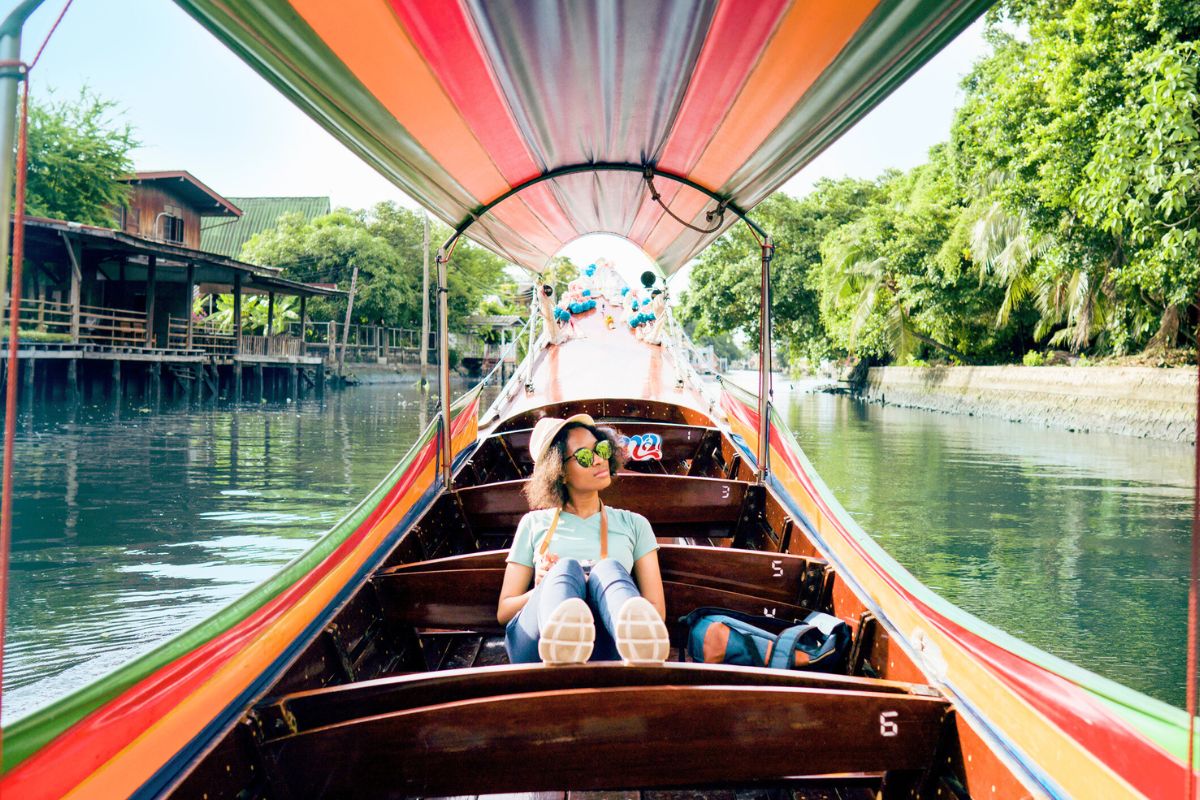Thailand is officially introducing the Destination Thailand Visa (DTV) to increase its appeal to digital nomads and remote workers. The Southeast Asian nation plans to start accepting DTV applications in the coming weeks. DTV will offer professionals a chance to make a career and cultural connection thanks to the country’s welcoming beaches, culture, and affordable living. Until recently, digital nomads had to rely on tourist visas, which did not officially permit them to work during their stay.
The introduction of the DTV dramatically changes this. It will provide a legal pathway for remote workers to live and work in Thailand for extended periods. The DTV enables eligible foreigners to stay in Thailand for up to 180 days per visit on a multiple-entry basis and extend their stay for an additional 180 days per visit. This visa is valid for five years. It comes with significant flexibility and convenience for those looking to base themselves in the Land of Smiles.
Who Can Apply For Thailand’s Digital Nomad Visa?
The DTV aims to attract diverse applicants, including digital nomads, remote workers, freelancers, and participants in cultural activities such as Muay Thai boxing, Thai cooking classes, and other sports training. Those attending seminars, music festivals, or seeking medical treatment can also apply for this visa. The application fee for the DTV is 10,000 Thai Baht (approximately $272). Applicants must be at least 20 years old and provide proof of funds amounting to at least 500,000 Thai Baht ($13,599) throughout their stay in Thailand.
The funds guarantee that potential immigrants can pay for their living expenses while in the nation. After their applications are approved, DTV holders can work for foreign enterprises in Thailand. However, they will need a work visa if they want to work for Thai employers or clients. With the introduction of the DTV, Thailand is poised to become a leading destination for digital nomads and remote workers. The visa provides a legal framework for long-term stays and encourages cultural exchange and participation in local activities.





